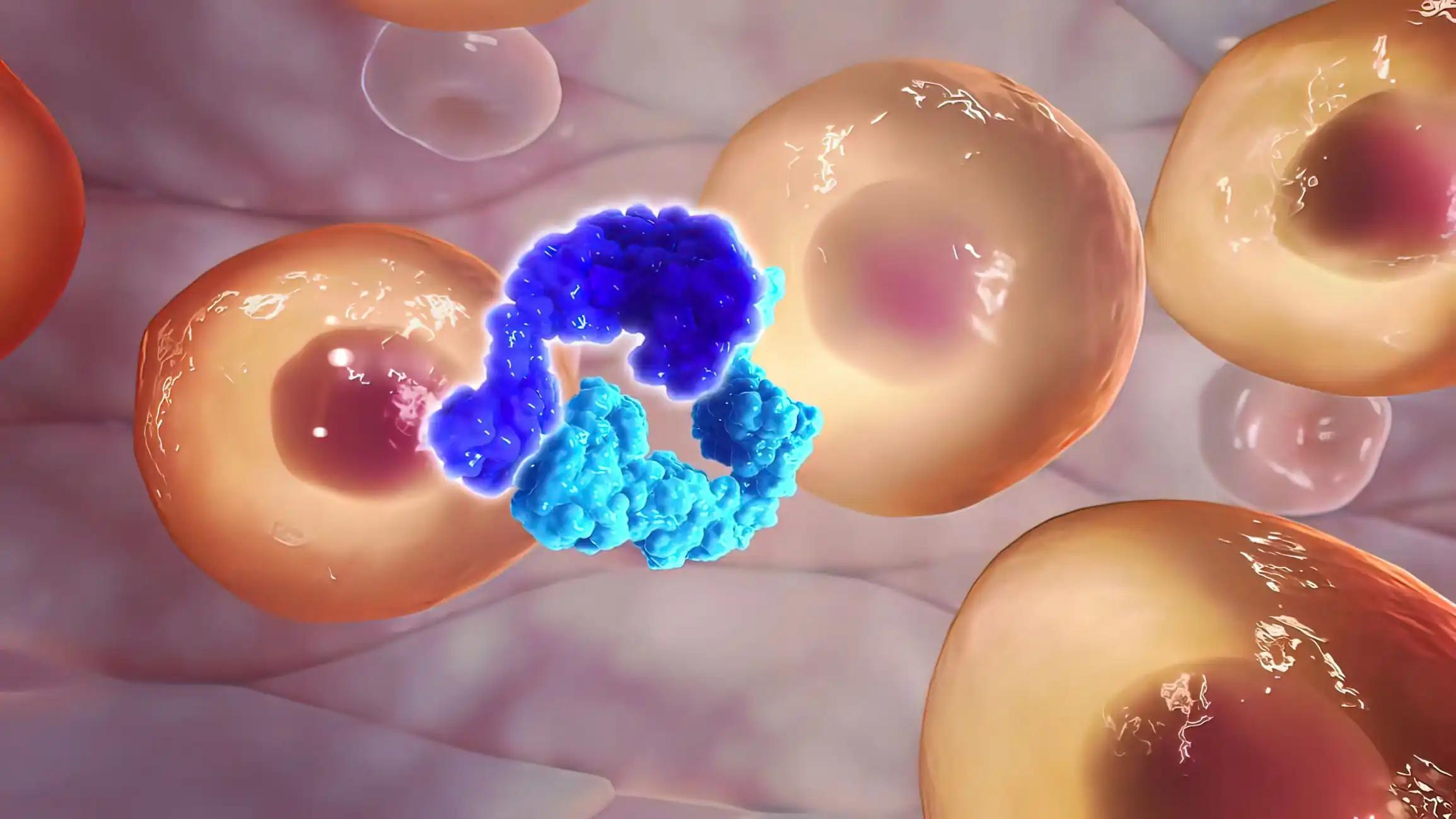KEY TAKEAWAYS
- The EMBARK phase 3 trial aimed to retrospectively analyze PSA dynamics in EMBARK, understanding time to undetectable PSA and re-initiation outcomes.
- The study found higher undetectable PSA rates and earlier achievement with enzalutamide versus leuprolide alone.
The EMBARK trial demonstrated that enzalutamide combined with leuprolide and enzalutamide monotherapy significantly improved metastasis-free survival compared to placebo plus leuprolide in patients with high-risk biochemically recurrent prostate cancer (PCa). Notably, the trial incorporated a treatment suspension at week 37 for patients with a prostate-specific antigen level below 0.2 ng/mL. This was followed by re-initiation upon prostate-specific antigen (PSA) elevation to predefined thresholds.
Stephen J. Freedland and the team aimed to present a post hoc analysis of PSA dynamics in EMBARK, aiming to comprehend the time to undetectable PSA and the likelihood of undetectable PSA after treatment re-initiation.
The study involved individuals with biochemical recurrence (BCR) after local therapy deemed high-risk: those with PSA doubling time of ≤9 months and PSA levels of ≥2 ng/mL above nadir post-radiotherapy (RT) or ≥1 ng/mL after radical prostatectomy (RP) with or without postoperative RT.
Participants were randomly assigned in a 1:1:1 ratio to receive either enzalutamide combination therapy 160 mg/day (double-blind), leuprolide alone (double-blind), or enzalutamide monotherapy (open-label). Leuprolide 22.5 mg was administered every 12 weeks. Treatment suspension occurred at week 37 if serum PSA was <0.2 ng/mL and restart criteria were set at PSA levels of ≥2 ng/mL for patients with primary RP and ≥5 ng/mL for those without RP. A post hoc analysis of PSA dynamics in the intent-to-treat population was descriptively analyzed within each treatment cohort.
The results revealed that among the 1068 eligible and randomized participants, the majority across all 3 treatment groups achieved the first occurrence of undetectable PSA (<0.2 ng/mL) by week 25, with higher percentages observed for enzalutamide combination therapy and monotherapy compared to leuprolide alone. Additionally, more participants treated with enzalutamide combination therapy and monotherapy had treatment suspended compared to those treated with leuprolide alone.
Among participants who suspended treatment at week 37, 89% re-initiated treatment with enzalutamide monotherapy, 85% with leuprolide alone, and 75% with enzalutamide combination therapy. Of those who re-initiated treatment, approximately 90% or more of participants treated with enzalutamide combination therapy or monotherapy achieved undetectable PSA levels, compared to 73% with leuprolide alone.
The study concluded that in individuals with high-risk biochemical recurrence, both enzalutamide combination therapy and enzalutamide monotherapy resulted in a greater number of participants achieving undetectable PSA levels, achieving them at an earlier stage, and experiencing treatment suspension at week 37 compared to those treated with leuprolide alone. Moreover, individuals treated with enzalutamide combination therapy and monotherapy achieved undetectable PSA levels following treatment re-initiation.
The trial was sponsored by Pfizer.
Source: https://www.auajournals.org/doi/10.1097/01.JU.0001009540.33579.43.06
Clinical Trial: https://clinicaltrials.gov/study/NCT02319837
Freedland SJ, De Giorgi U, Gleave M, et al. (2024). “PROSTATE-SPECIFIC ANTIGEN DYNAMICS FROM THE PHASE 3 EMBARK TRIAL: A POST HOC ANALYSIS.” Presented at AUA 2024. https://doi.org/10.1097/01.JU.0001009540.33579.43.06 (PD01-06)



